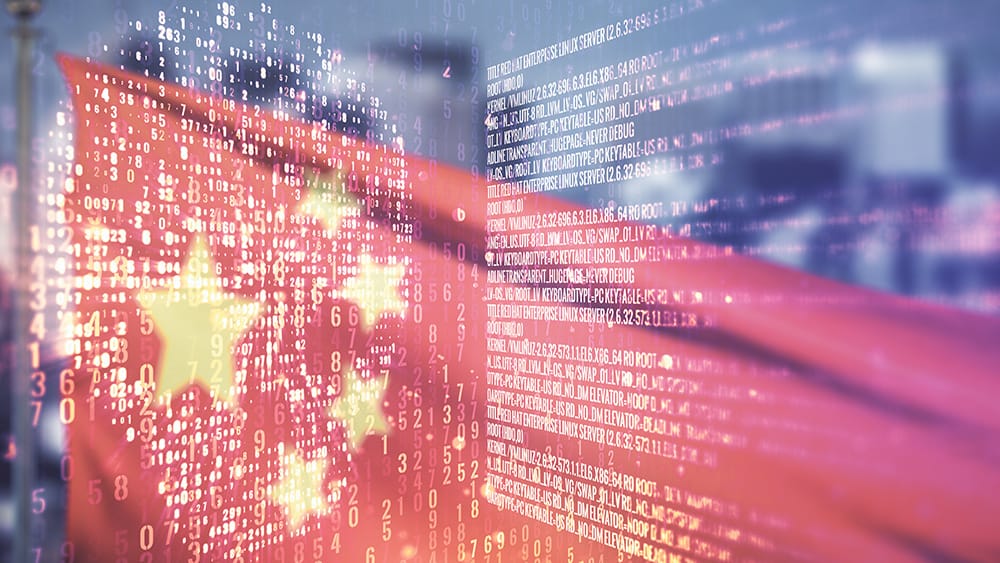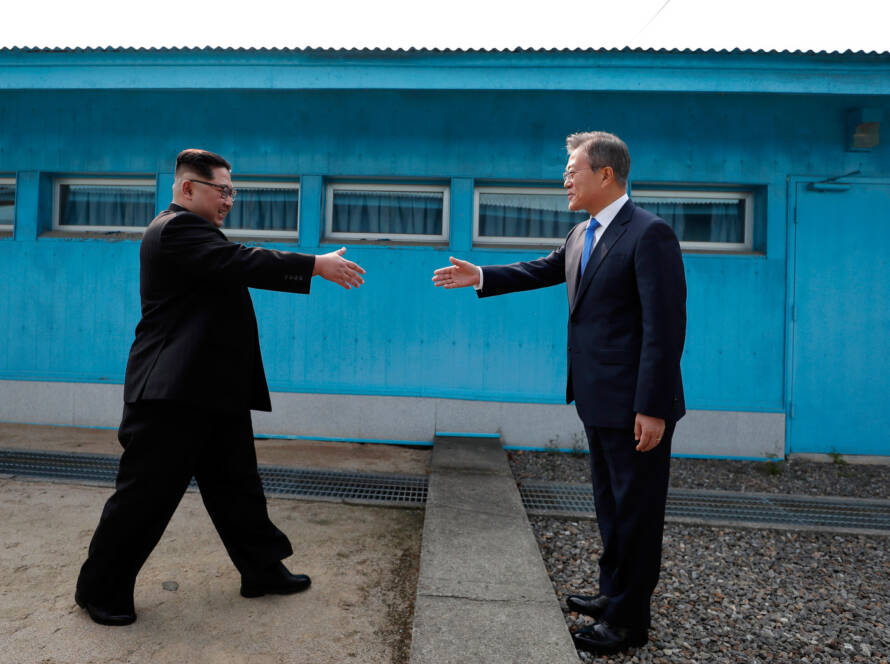
By Rathindra Kuruwita
Many assume that the Chinese Community Party (CCP) combs the country’s social media platforms in search of critical content with the intention of putting people under house arrest. And of course, sometimes bloggers and message board theorists do get placed in house arrest; however, more often the CCP does this to know what’s being said about their policies.
In recent years, since Hu Jintao but especially after Xi Jinping became the General Secretary of the Party, Political authorities have increased their surveillance of what is being posted, because they recognize that posters can give valuable feedback and ideas to the leadership. In China, ministries and even smaller state bodies have access to sources like Online Public Opinion, a People’s Daily publication that compiles online thought, and other service providers. This stands in contrast with most countries in the anglosphere which are happy to undermine and cancel critics that question what is important to those that run the countries by calling them Russian or Chinese agents.
The CCP is particularly interested in the massively popular finance and development bloggers. These circles are usually immune from the routine online rectification campaigns and the People’s Online Public Opinion Annual Report in 2011 specifically mentioned the value of tracking the opinions. Not only are the ideas of these bloggers and message board theorists listened to, but there are a number of occasions that these have shaped the core policies of the party.
This article, talks about a group of bloggers and message board theorists, often from elite universities with an academic background in science, technology, and engineering, retroactively christened as The Industrial Party by Wang Xiaodong, the writer and famous stoker of nationalist sentiment and their impact on CPC’s policies in the last decade.
The Industrial Party
The 1990s were an important decade for China, the reforms and opening-up by Deng Xiaoping was gathering pace. However, the 90s was one of the least intellectual eras of the Peoples Republic of China (PRC). Intellectuals were marginalized and the Party turned instead to the International Monetary Fund and the World Bank for direction.
There was also less space than in the 1980s for dissenting views to run in traditional media, but internet message boards were flourishing on computer networks at elite universities. By the early 2000s, they were spreading out onto commercial networks. Men like Zhong Qing, particularly with academic backgrounds in science, technology, and engineering—found a community online. Their boards shared a focus on military affairs and current events.
These young men were ideologically heterogeneous but were bound by their desire to discuss how industrial policy and scientific expertise could lead China away from financialization, which they believed was dehumanizing. They were extremely concerned about ‘996 working hours’—9 AM through 9 PM, 6 days a week, which had led to the weakening of Chinese society. Those in the industrial party believe that industrialization should become, like science and democracy, a universal value.
At a time when CCP’s official political and economic orthodoxy was the promotion of foreign direct investment, low-end export-oriented manufacturing, and allowing certain sectors to be exposed to the market; Zhong openly predicted that the Chinese economy would collapse if current policies continued. He called for technocratic state control of key sectors to shield them from competition and advocated a radical industrial policy that could catapult the nation forward and give it a technological and political lead over the West.
This was the early 2000s and the idea that China might abandon its comparative advantage in low-end manufacturing to start building jets and chips was radical. At that time no one, except what you might call Chinese internet edge lords, believed that China could or should challenge Western hegemony or that it would overtake the West. But everything changed few years later; Hu Jintao and Wen Jiabao were replaced by Xi Jinping. The great rejuvenation of the Chinese nation began.
Xi and the mainstreaming of the Industrial Party
Under Xi, the key ideas of the Industrial Party, restoring the grand development narrative, cherishing scientific thinking, and leapfrogging the West through a focus on advanced technology, have taken center stage in the CCP’s policy. Whatever the case, the Industrial Party moved from obscure opposition to accelerationist cheerleaders just as the message boards were giving way to social media. Online thinkers on China’s development could now reach a much wider audience.
Shenzhen Ningnanshan, is now the new face of the Industrial Party, and his writing mainly focuses on saving the nation and breaking Western hegemony through technological development. These ideas are backed by Xi Jinping’s Thought on Socialism with Chinese Characteristics for a New Era and energized by a trade war with the United States. In 2018 Shenzhen caused a stir for a piece questioning the liveability of cities, titled “My Complaints as a Member of the Middle Class,” where he warned the CCP not to emulate the Hong Kong model of using real estate to “squeeze the common people to make a minority of capitalists extremely wealthy.” This post also specifically mentioned his readership among the higher-ups. Shenzhen fears that allowing the market to run wild will lead to serious social conflict; a middle class slaving to pay off mortgages, the relatively wealthy live in conditions worse than those enjoyed by the average Westerner; and most people living in hellholes similar to the cage homes of Hong Kong. He also speaks on the implications of these developments on demographics.
Family formation and the CCP
But what is the purpose of doing all this? Why focus on industry? Industrialization and leap frogging into becoming a leading technological giant, ultimately is done to facilitate better family formation. To move citizens away from the dehumanization of financialization.
Those who have paid any attention to events that have transpired in the last few months in China; the removal of limits on children to overhauling its $100 billion education tech sector; are further examples of the CPC listening to the Industrial Party. 40% of Chinese parents spend 25-30% of their income on education and the CCP rightly see this as a barrier in encouraging more babies. Millions of public houses are being built to reduce the pressure on families that had been renting.
There is no doubt that China faces great challenges but critics tend to under-appreciate its strengths. Chief among them, in my view, has been the party’s surprising adaptability. The CCP has achieved a good record of pulling itself out of sticky situations: in 1992 when it restarted reform, after the financial crisis of 1997, and again in 2008. That record was validated most spectacularly again last year in the aftermath of the Covid-19 outbreak. This adaptability and openness to new ideas are what makes the CCP understand and accept that out there somewhere are message board theorists who will eventually present a potent antithesis to the party’s best-laid plans. So far, the CCP has embraced them as insightful sources of new ideas.
The Industrial Party and SL
What is the purpose of this essay, apart from introducing The Industrial Party to a Sri Lankan audience? Apart from an attempt to talk about the new political and economic thought that is animating China in the last 20 years, but hidden from most people who don’t have English speaking friends that live in China, I also want to highlight the need to use social media, as a tool to gauge public responses to government policies and to identify bloggers and theorists in social media that could actually have ideas that could take Sri Lanka out of the rut that it is in. For over four decades, we have been financializing the economy, reducing people to numbers, and losing any industrial advantage that initial Sri Lankan leaders tried hard to. Perhaps it is better if we too encourage those in our elite universities to present their theories on the way forward.
The Writer is an award winning journalist whose research areas include national security, China and technology. He was also a fellow at East-West Center, Hawaii in 2010, Asia-Pacific Center for Security Studies, Hawaii in 2018 and a participant of the International Visitors Leadership Program USA, 2016. He has an MSc in Security Studies at Nanyang Technological University, Singapore. He was also a resource person at the Institute of National Security Studies, Sri Lanka.
Disclaimer – Factum is a Sri Lanka based think-tank providing international relations analysis and public diplomacy consultancies in Sri Lanka and Asia. Visit – www.Factum.LK


